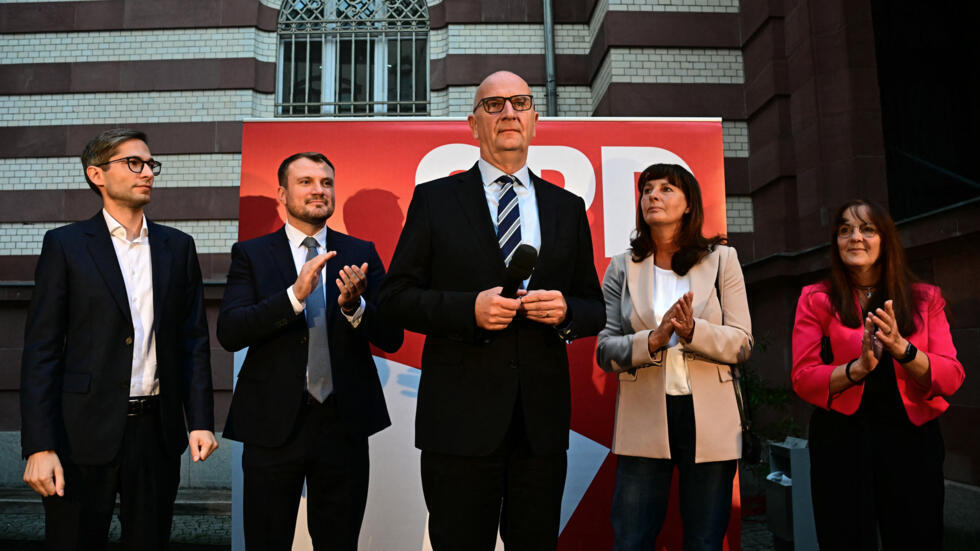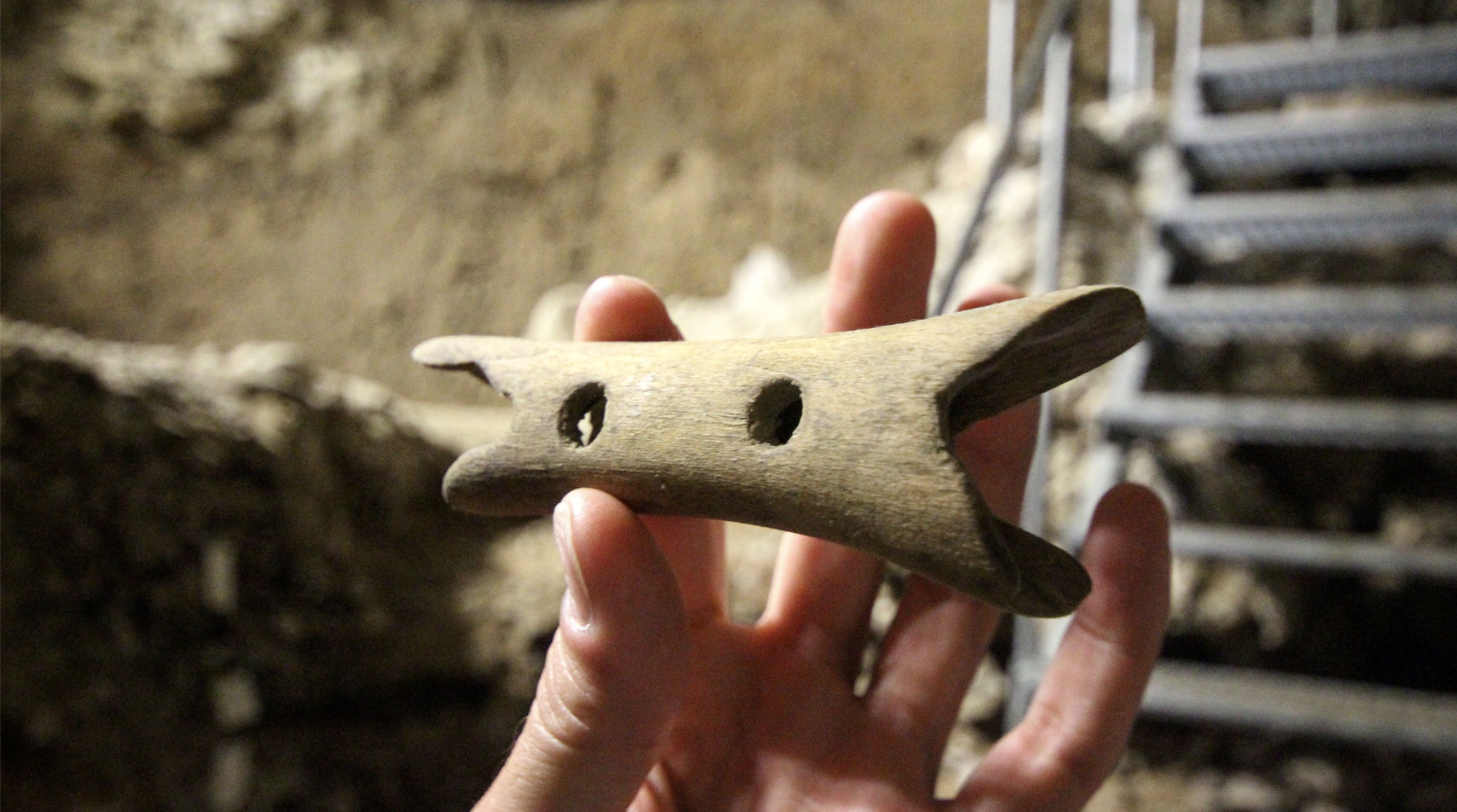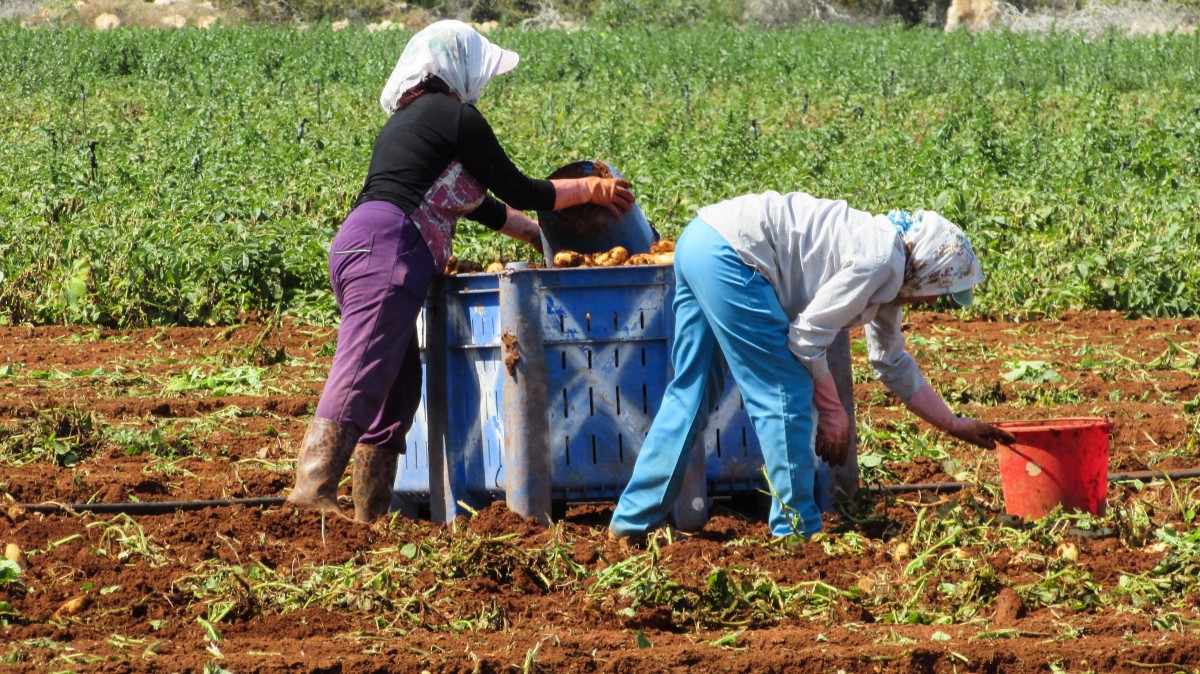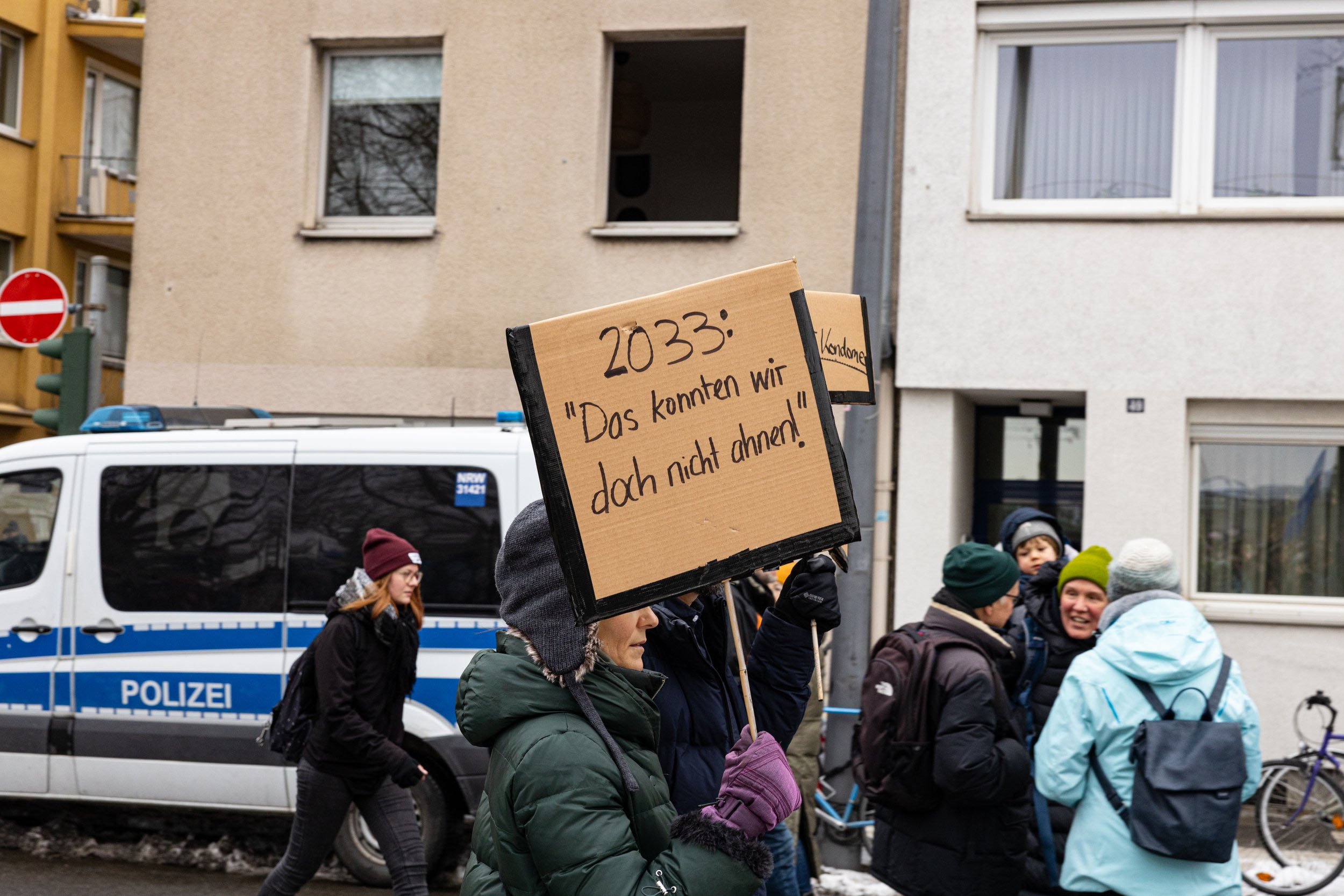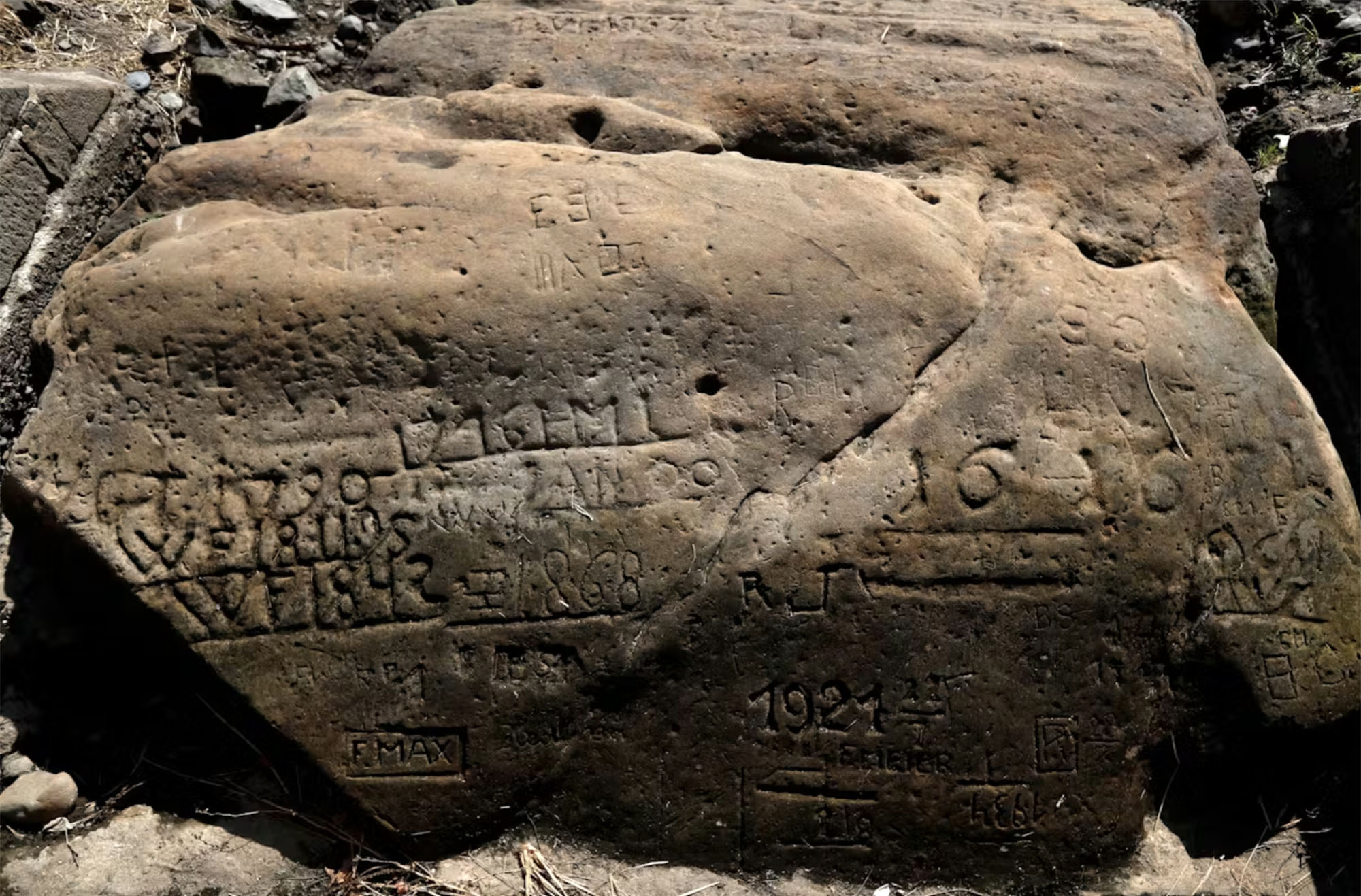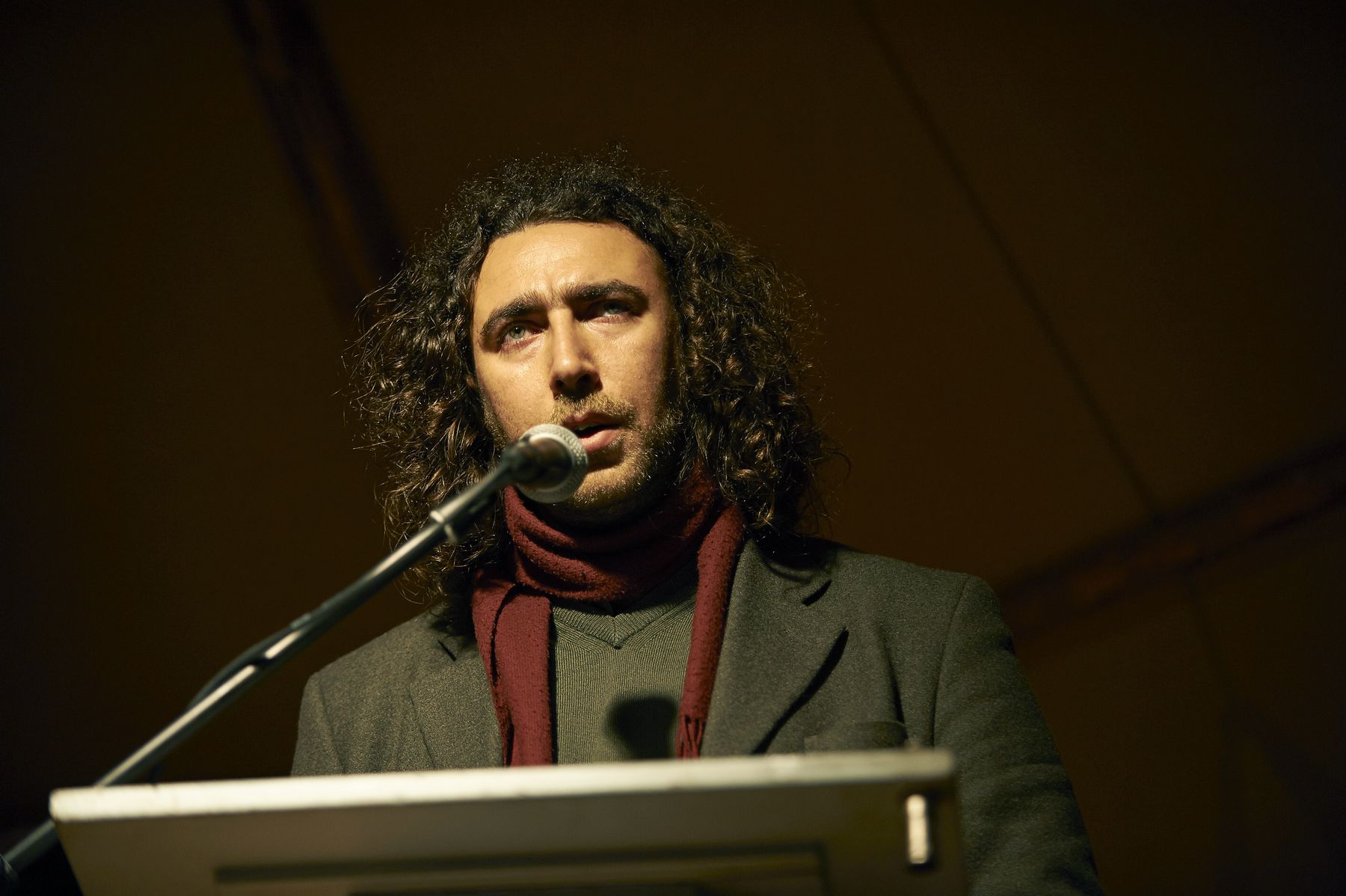For the first time since World War II, the far-right wins elections in a German region
- In the German region of Thuringia, the extreme right-wing party Alternative to Germany has received one in three votes. In Saxony, where elections have also been held, it has remained second, just behind the Christian Democrats.

Since the constitution of the Federal Republic of Germany in 1949, for the first time the extreme right has won regional elections. It has happened in Thuringia, east of the country, near the Czech Republic; Thuringia has about two million inhabitants – one of the smallest Länder; in all of Germany there are 83.3 million.
The extreme right-wing party Alternative to Germany (AfD) has received one in three votes in Thuringia, which is 33% in support. Secondly, the demo-Christian CDU, the party of Angela Merkel, has remained, with 23% of the votes. In Saxony, with 4 million inhabitants, on the contrary, the CDU has won the elections, with 32% of the votes. One point less the extreme right.
Höcke: extreme leader
Björn Höcke will be the new president of Thuringia, a representative of the far right, as he announced. At 52 years old, curiously, he is a professor of history at the institute and curious, since he has been convicted on at least two occasions for showing slogans related to Nazism and using slogans in an almost identical way, "unknowingly."
Höck does not have the too broad support of AfD representatives in Berlin and elsewhere, which are considered "radical". Perhaps he has more friends in Austria than in the centre of his party, that of Berlin. In Austria it is particularly related to Neue Rechte, of the extreme right of identity, and to his leader, the young Austrian fascist Martin Sellner. The latter has also been investigated and condemned for exhibiting in his rallies various slogans of Nazism.
Both Neue Recht and AfD defend truthfulness, especially Höck. That is, the deportation of every migrant, as if each country were only "of the native citizenship". Firstly, they point out that the "illegal migrants" must be expelled, since there is an urgent need for this; and secondly, every immigrant settled in the country "to ensure the existence of the country".
More weight of the economy than the Solingen attacks
About ten days ago, the Islamic State assumed responsibility for the crime that occurred in south-east Germany: A 26-year-old, Syrian but resident in Germany, stabbed a dozen people and killed three of them in a traffic accident. Although he managed to escape, he appeared in the police station the next day. The Islamic State said it was a "revenge" of the Muslims of Palestine and other parts of the Muslim world.
The extreme right capitalized on the incident, especially in the run-up to last Sunday’s elections, and even Höck changed the motto for AfD: Höcke or Solingen. Choose you. In fact, Höcke said that Solingen's with AfD "would never have happened, neither mass immigration nor the collapse of security." This campaign, apparently, did not have much influence on the votes, since before these events the polls gave AfD exactly as they had done, about 30%.
Some analysts point out that the German economy "remains stagnant" and that this has more influence than immigration. In four of the last seven months, GDP has fallen, if only one tenth, and in June, for example, exports have fallen by 3.5%. Inflation, however, has followed a downward trajectory: The number of unemployed fell by 2% in July.
Geissenkloesterle (Germany), 42,000 years ago. Those living in the cave of the Danube basin made a flute with bird bones and mammoth ivory. At the same time, the inhabitants of the cave of Divje Babe in Slovenia also made a flute with the femur of a bear. These are the oldest... [+]
Elba basin, 1417. Due to the drought, the level of the river dropped considerably and someone marked the level of the water in a stone, carving a sign: “If you see this stone again, you will cry. The water was at this level in 1417.”
The following sign is 1616: “If you... [+]









